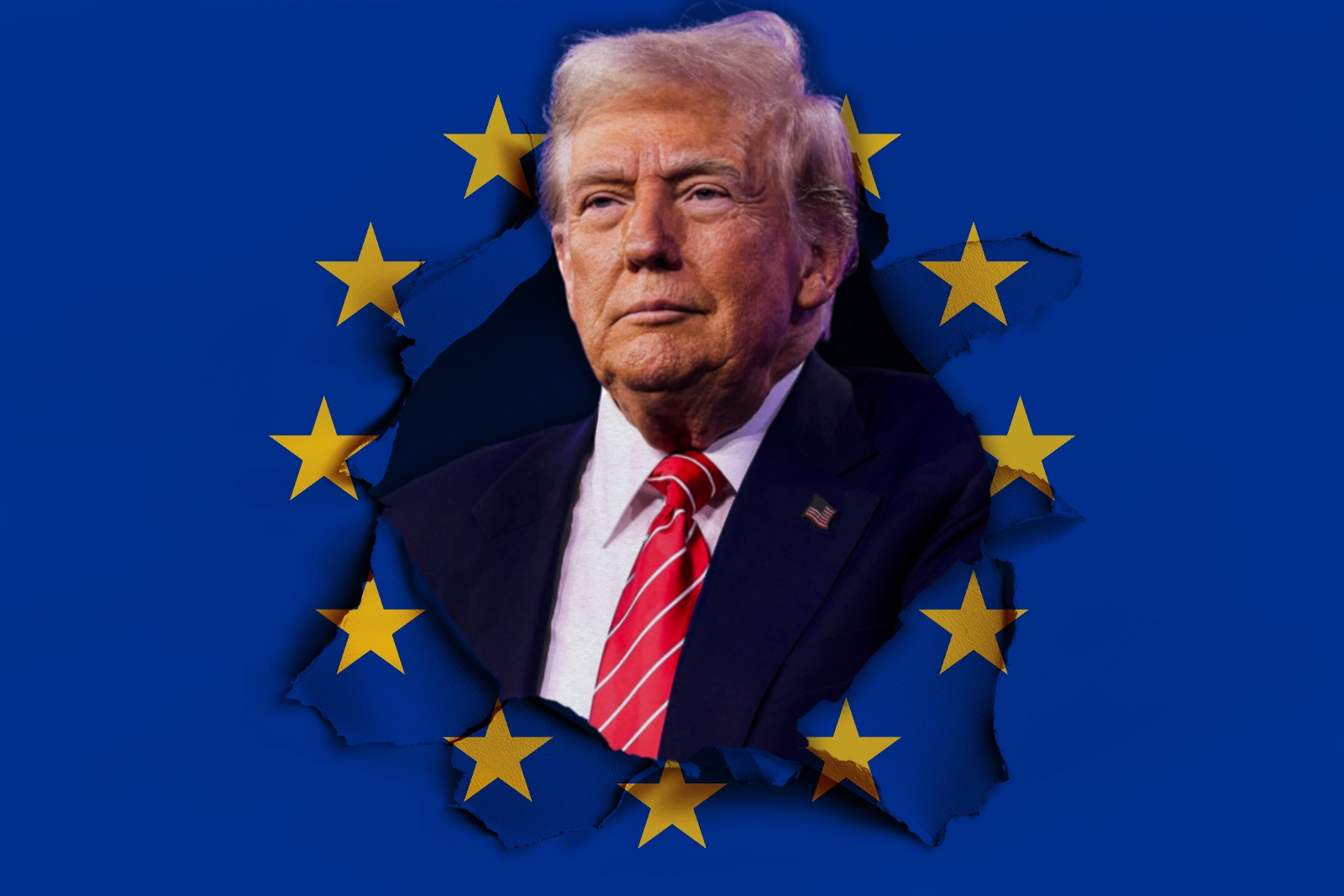
Why Trump Might Actually be Good for European Defense
Donald Trump’s remarks at a rally in Conway, South Carolina—“I said, ‘Everybody’s gonna pay.’ They said, ‘Well, if we don’t pay, are you still going to protect us?’ I said, ‘Absolutely not.’ They couldn’t believe the answer”—may have been aimed at NATO, but they strike a chord within the European Union (EU).
Over 70% of NATO members are also EU members, and Donald Trump’s return highlights the urgency for the EU to take charge of its defense. This shift would achieve three significant goals: reducing dependency on the United States, ensuring consistent support for Ukraine against Russian aggression, and, as former EU foreign policy chief Josep Borrell aptly stated, enabling the EU to “speak the language of power.”
In 2022, only 18% of EU members’ defense expenditures went toward collaborative procurement within Europe. Meanwhile, 78% of spending flowed to non-EU suppliers, with 63% going to the United States. These figures starkly contrast with the EU’s 2022 Strategic Compass, which aims to accelerate crisis response, bolster investments in new technologies and capabilities, strengthen partnerships, and safeguard citizens against evolving threats.
Relying heavily on non-EU partners is incompatible with these objectives. The EU does not need to reinvent the wheel—it needs to amplify and optimize existing mechanisms. Three key tools—the Permanent Structured Cooperation (PESCO), the European Defense Fund (EDF), and the Coordinated Annual Review on Defense (CARD)—offer significant potential.

PESCO, established in 2017, is a treaty-based framework designed to coordinate and manage military acquisition projects led by EU members. Italy, for example, oversees the development of a new armored infantry vehicle, while the Netherlands leads the “Military Mobility” project. Financial support for these 66 initiatives comes from member contributions and the EDF, which is funded through the EU’s annual budget, with nearly €8 billion allocated for 2021 to 2027. The CARD process further enhances this effort by identifying synergies and reducing the fragmented nature of EU military budgets.
For the EU to achieve strategic autonomy, it must scale up its financial commitment to defense. The EDF’s budget currently represents a mere 0.041% of the EU’s nominal GDP, an inadequate figure for the world’s second-largest economy. If the EU adopted NATO’s guideline of dedicating 2% of GDP to defense, the EDF’s budget could increase to approximately €350 billion. In addition to financial scaling, structural reforms are necessary. Currently, PESCO decisions require unanimity at the Council level, enabling individual states to block progress on critical initiatives. Adopting qualified majority voting would expedite decision-making and reduce procedural gridlock.
A robust EU defense policy would elevate the bloc’s global stature. Historically, the EU has been perceived as a champion of “soft” power—values such as diplomacy, democracy, and the rule of law. While this remains a strength, a credible “hard” power capability is essential in today’s geopolitical landscape, especially when confronting leaders like Vladimir Putin, who respect only military strength.
Beyond security, enhanced defense cooperation would yield significant economic benefits. First, it would expose the contradictions in U.S. policy. While Washington encourages the EU to pursue “strategic autonomy,” American defense firms profit from European dependence. Second, strengthening PESCO and the EDF would fortify the European Defence Technological and Industrial Basis (EDTIB), reducing vulnerabilities to supply chain disruptions. This would better equip Europe to support Ukraine and gradually assume responsibility for supplying heavy weapons munitions, a role currently dominated by the United States. Finally, investing in defense industries within Europe would stimulate job creation and economic growth while undermining a key argument of populist movements gaining momentum across the continent.
Skeptics might argue that Trump’s transactional approach offers an alternative: favorable deals that maintain the U.S. nuclear umbrella. However, this strategy rests on shaky ground. Trump’s track record of imposing tariffs and sanctions on allies underscores the unpredictability of his administration. Recent nominations to his Cabinet signal a renewed focus on zero-sum competition with China, leaving little room for collaborative engagement with Europe. Moreover, Trump’s approach to diplomacy prioritizes bargaining over stability, rendering it an unreliable foundation for European security.
With Donald Trump set to be sworn in on January 20, the EU faces a stark choice. It can opt for damage control, hoping for renewed U.S. leadership after 2028, or take bold, proactive steps toward defense autonomy. The latter path is the only responsible course for a bloc seeking to protect its citizens and assert its agency on the global stage. By committing to this course, the EU would not only “pay its bills” but also secure its future, positioning itself as a confident and resilient actor in an increasingly volatile world.
